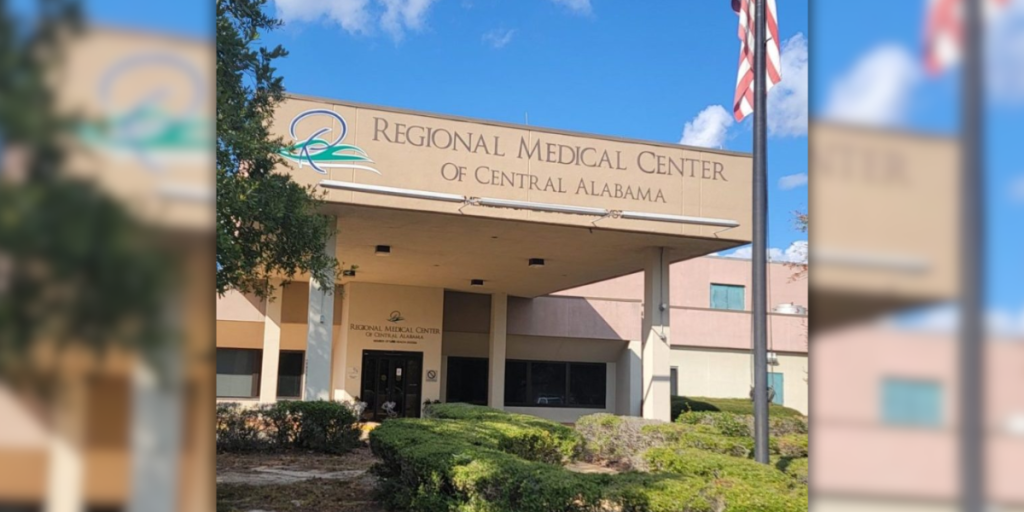This week, the Alabama Medical Association announced an effort to help reduce delays in prior authorizations.
Alabama physicians say a new federal rule may help patients in government-sponsored health programs get more timely treatment — but action is still needed that applies to private insurance plans.
The new rule from the U.S. Centers for Medicare and Medicaid Services is aimed at streamlining health plans’ use of prior authorizations, which require doctors and patients to get insurers’ approval first before undergoing doctor-prescribed treatment.
Under this rule, health insurers that participate in Medicare Advantage, Medicaid, and the Children’s Health Insurance Program (CHIP) would have to respond to prior authorization requests faster and include specific reasons for denying the requests.
RELATED: Ivey to deliver State of the State address next week
Dr. George Koulianos is a Mobile physician who serves as President of the Medical Association of the State of Alabama.
“Prior authorization is a bureaucratic mess and patients pay the price. Imagine forcing a patient with a severe illness to wait days or weeks for authorization from an insurance company to start treatment,” Dr. Koulianos said this week.
“Now imagine a doctor having to employ multiple back-office personnel just to manage that insurer-imposed burden. Patients are left waiting for approval of necessary care and physicians are drowning in red tape. This new federal rule is a step forward, but only a small step. We need strong action at the state level to reform prior authorization in order to protect patients and let physicians see more patients instead of spending their time buried in paperwork.”
The American Medical Association found in a recent survey that physicians are concerned about prior authorization requirements delaying necessary care. One-third of the physicians report that they and their clinical staff spend nearly an entire workday each week just on obtaining prior authorizations.
RELATED: Alabama employers balance rising healthcare costs, quality coverage
76 percent of the doctors said that the time spent on prior authorizations means they see fewer patients in a day, reducing patients access to care. The time and energy that doctors are having to expend dealing with insurance bureaucracies they say is contributing to burnout in the medical profession. Alabama, particularly in rural parts of the state, is already experiencing a doctor’s shortage.
“There’s no question that prior authorization delays patient care, contributes to physician burnout and increases overall healthcare costs,” Dr Koulianos said. “With physician shortages increasing, we need to do everything we can – like reforming the burdensome prior authorization process – to keep our physician workforce working.”
The 2024 Alabama Regular Legislative Session begins on Tuesday, February 6.
To connect with the author of this story or to comment, email [email protected].













